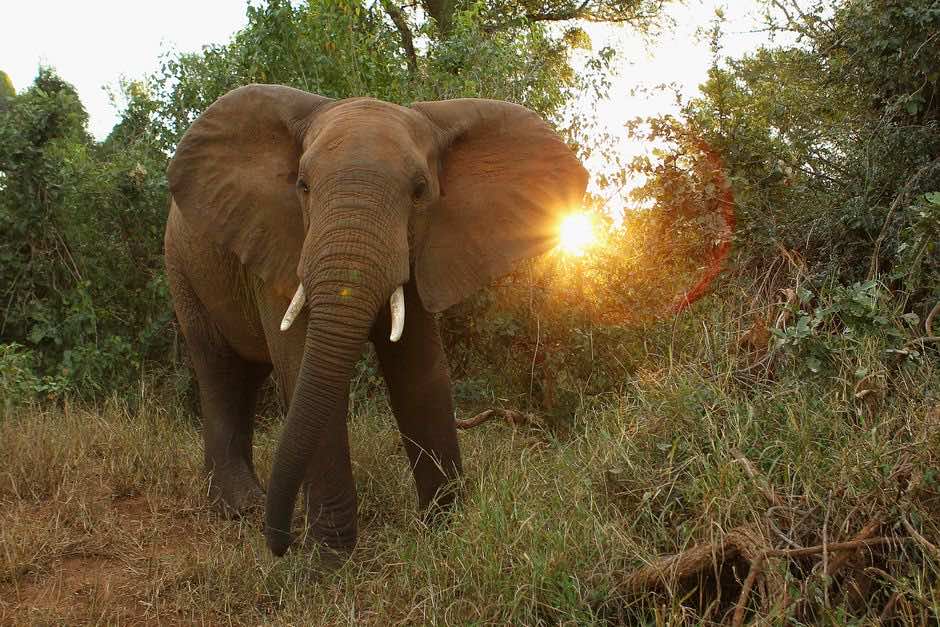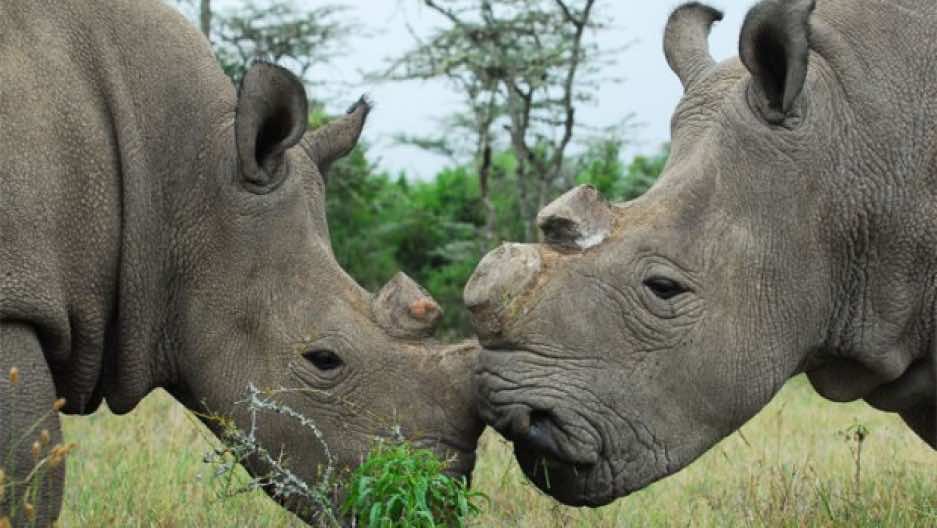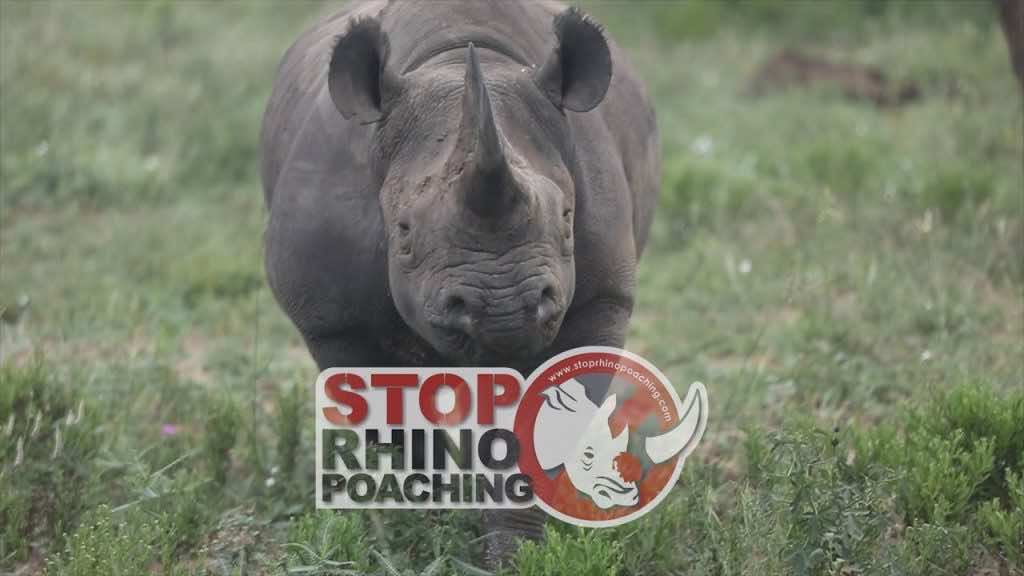A poacher got trampled to death while on the run from the park rangers.
A group of 3 poachers was hunting down rhinos in Kruger National Park; they started to run upon being spotted by the park rangers with not knowing that death awaits one of them.
While on their last poaching hunt, they ran away from the park rangers but didn’t know how close they were getting to a herd of breeding elephants. Luck was not in their favor, and the run resulted in leaving one dead and two others seriously injured by the elephants who didn’t really like a breach in their privacy.

Around 181 countries have collaborated against poaching, but still, the ill hasn’t been defeated, leaving Africa’s iconic wildlife to threats of going extinct. It is still prevalent in Africa, despite efforts, and worldwide collaborations have found it hard to stop it so far.
Like many other species, Rhinos are also vulnerable to go extinct. Its largest population resides in Kruger national park, with 3,500 white Rhinos and 268 black Rhinos.

The numbers are not so impressive, keeping in mind that we are talking about the largest concentrated population of Rhinos in all of the world. The Kruger national park also makes the favorite spot of the many poachers around, making their existence even fragile.
“We are proud of the teamwork and dedication of our Rangers Corp, our aviators, and the K9 unit,” Kruger National Park Managing Executive Gareth Coleman said in a release. “It is unfortunate that a life was unnecessarily lost. Only through discipline, teamwork, and tenacity will we be able to help stem the tide of rhino poaching in Kruger National Park.”
Three more poachers were arrested the next day of the incident, of which one died, and two were left in miserable condition by the herd of breeding elephants while they were on the run away from the park rangers. Spotting three poachers earlier and arresting others the next day is a sign of effective work by collaborations protecting the wildlife.

“The campaign against poaching is the responsibility of all us; it threatens many livelihoods, destroys families, and takes much-needed resources to fight crime which could be used for creating jobs and development,” Coleman added.


